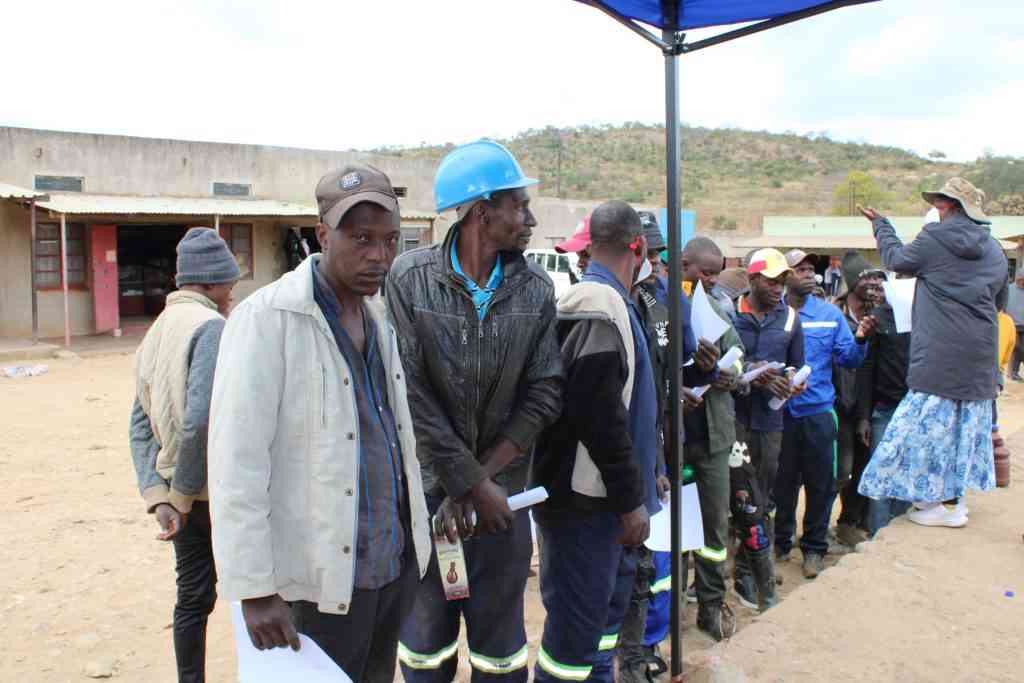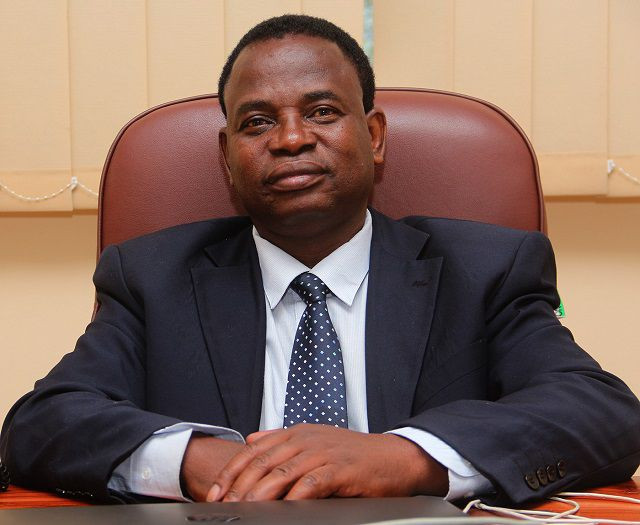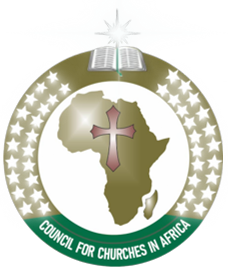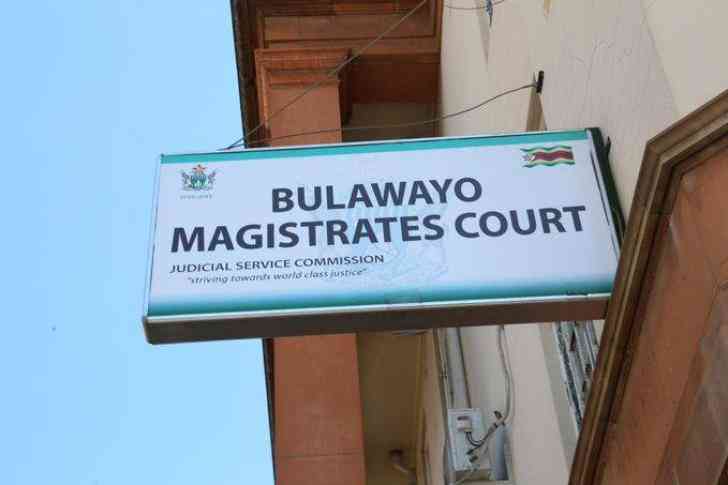
The Union Zimbabwe Trust (UZT), with support from the Stop TB Partnership (Global), has launched a groundbreaking TB screening project targeting artisanal and small-scale mining (ASM) communities in Mberengwa and Zvishavane.
The initiative, unveiled at Vanguard Business Centre in Mberengwa, uses a mobile model that deploys ultra-portable digital x-rays with computer-aided diagnosis (CAD-AI) for real-time TB and silicosis detection.
Rapid specimen testing and integrated services for conditions such as malnutrition and alcohol-use disorders are also part of the package.
Screenings are being taken to miners’ workplaces during the day and social hotspots at night in so-called “moonlight screenings,” while trained community health workers continue routine outreach. The service is also being extended to primary health centres with no x-ray facilities.
“We are here to launch a game changer in TB and silicosis diagnosis, particularly in these mining communities,” said Midlands provincial medical director Mary Muchekeza.
“By bringing screening to where miners work and socialize, we cut delays and ensure people get treatment faster.”
The two-year programme covers 25 health facility catchment areas across the districts. UZT executive director Ronald Ncube said the project shifts from “passive, facility-based” case finding to an “integrated, community-focused” approach designed to reach high-risk groups often excluded from care.
So far, two screening cycles have been conducted in both districts. Of 999 clients screened, 925 received x-rays, 271 sputum samples were processed, with 10 patients diagnosed with TB, 6 with silicosis, and 4 with both.
- Hunger could kill huge numbers of Somali children - UN
- Govt, NGOs urged to upscale irrigation schemes in Hwedza
- Concern over TB funding
- Project lessens DR-TB burden
Keep Reading
“This programme empowers communities in the fight against TB and moves us closer to a TB-free Zimbabwe,” said Nkulumo Ncube, Zvishavane district TB and leprosy coordinator.
A total of 270 community and health workers have been trained to sustain the outreach model. UZT is partnering with the Ministry of Health, local authorities, and stakeholders to ensure the project’s long-term impact.









